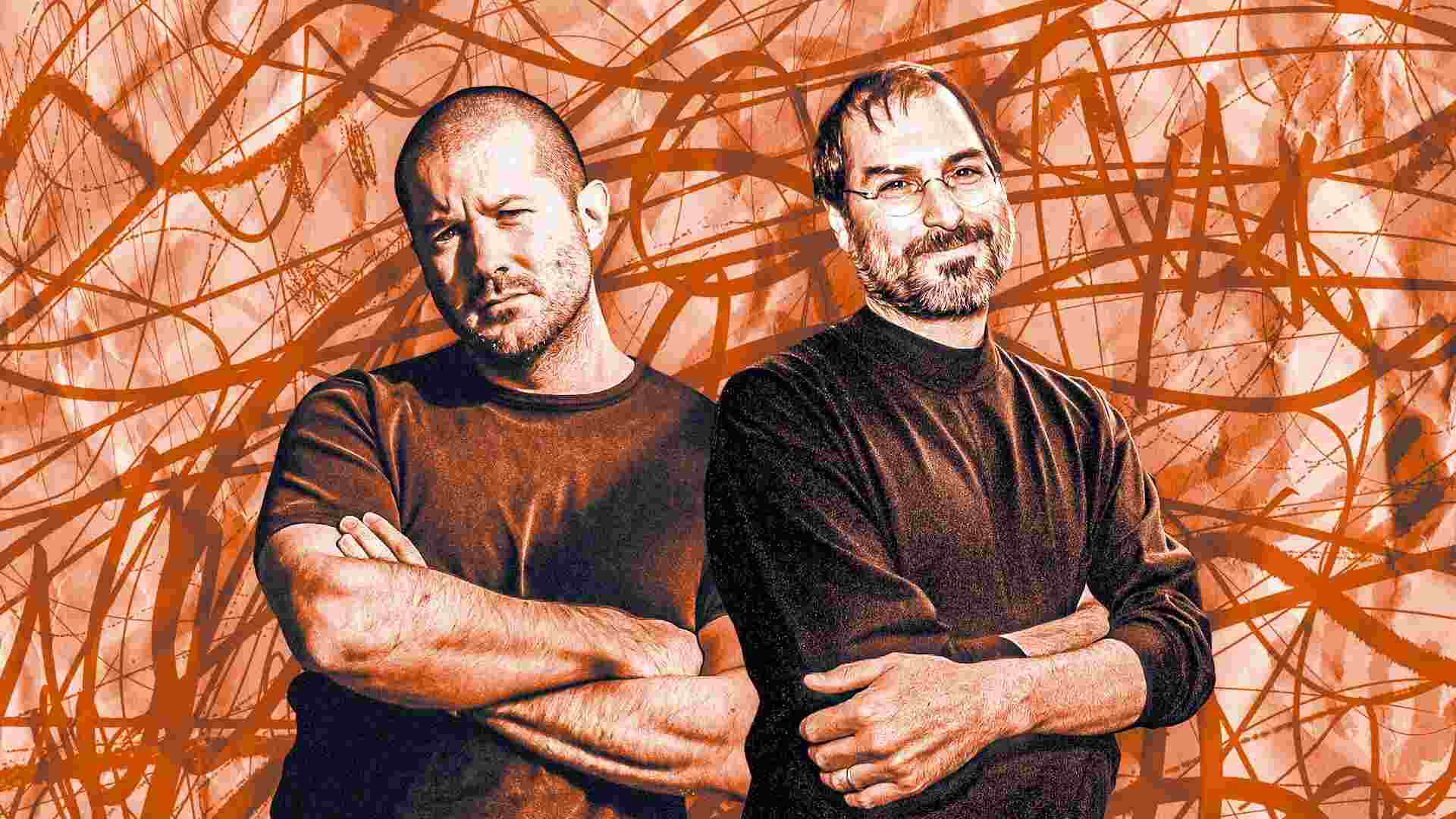- | 11:00 am
Davos 2023: Business activity is likely to receive blows this year
The slowdown in the global economy is a major theme at Davos, DP World expects the worst as demand slows.

On the first day of the World Economic Forum’s annual meeting in Davos, Switzerland, leaders counted the anticipated cost for their economies and businesses.
The slowdown in the global economy is a major theme at Davos, with officials ranging from International Monetary Fund Managing Director Kristalina Georgieva and European Central Bank President Christine Lagarde speaking in sessions.
While the cost of living crisis is the biggest short-term risk facing the world right now, with climate change the biggest long-term threat, the Chief Economists Outlook, launched on Monday, found two-thirds of chief economists have predicted a global recession in 2023, although it will feel different depending on where you are.
The majority of chief economists expect moderate or strong growth in the Middle East and North Africa, with the risk of high inflation at 37%, and weak economic growth at 30% in the region.
“The current high inflation, low growth, high debt, and high fragmentation environment reduces incentives for the investments needed to get back to growth and raise living standards for the world’s most vulnerable,” WEF Managing Director Saadia Zahidi said in a statement accompanying the survey results.
“Leaders must look beyond today’s crises to invest in food and energy innovation, education and skills development, and in job-creating, high-potential markets of tomorrow. There is no time to lose,” she added.
The report highlighted that 2023 likely involved a tricky balancing act for policymakers between tightening too much or too little. Business activity is likely to receive numerous blows in 2023. Nine out of 10 respondents expected both weak demand and high borrowing costs to weigh on firms, with more than 60% also pointing to higher input costs.
The chief economists expected the challenges to lead multinational businesses to cut costs, with 86% predicting that firms would reduce operational expenses, 78% expecting layoffs, and 77% seeing optimized supply chains this year.
Meanwhile, DP World expects freight rates to drop by 15% to 20% in 2023. “It is clear that there is a massive drop in demand, inventories are not clearing up, the orders are not coming through,” Yuvraj Narayan, deputy chief executive and chief financial officer, told Reuters.
“There are far too many constraints imposed. It is no longer a free-flowing global economy and unless they find the right solutions it will only get worse.”
Narayan added that three overriding factors were driving this, notably disruptions during the COVID-19 pandemic, inflation in Europe due to the energy price spike, and severe disruptions to global supply chains.
A common concern among many Davos participants was the sheer uncertainty for the year ahead – from the duration and intensity of the Ukraine war to the next moves of top central banks looking to lower inflation with deep rate hikes.
Georgieva said in an IMF blog post that divides between nations — the theme at Davos this year is Cooperation in a Fragmented World — are putting the global economy at risk by leaving “everyone poorer and less secure.
Georgieva urged strengthening trade, helping vulnerable countries deal with debt, and ramping up climate action.
Today, the role of philanthropy in climate efforts will be in focus when Rania Al Mashat, Egypt’s Minister of International Cooperation, John Kerry, US climate enjoy, Mark Carney, UN Special Envoy for Climate Action and Finance, Badr Jafar, chief executive of the UAE’s Crescent Enterprises and Desmond Kuek, chief executive of Temasek Trust, take part in a discussion.































